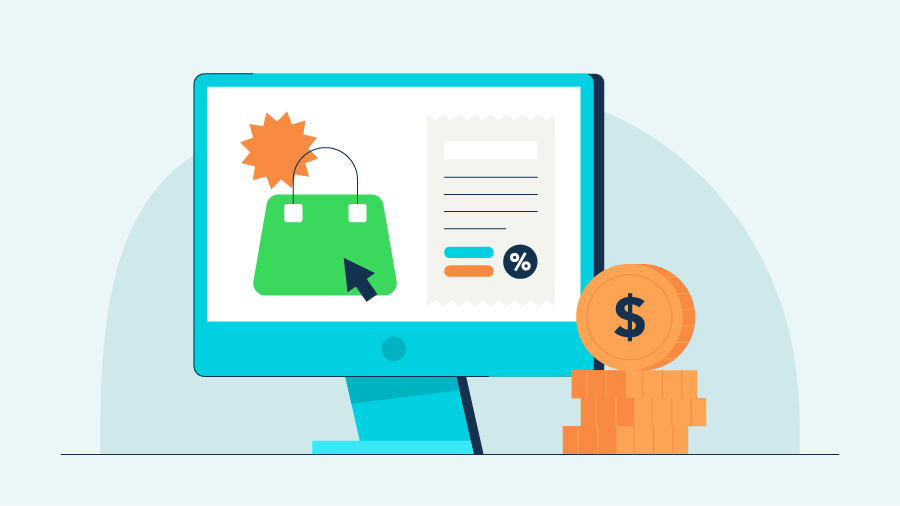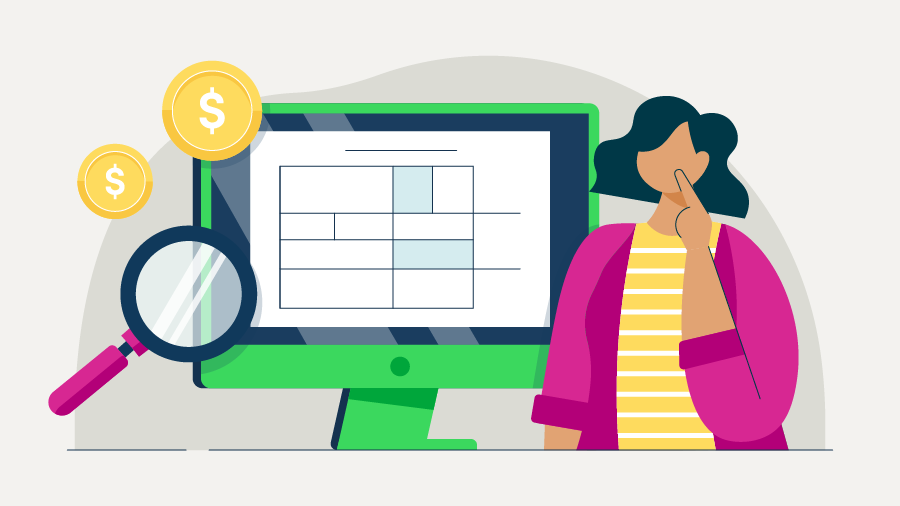When you are an entrepreneur, there are a million things you must understand to run a successful business. Understanding your sales tax responsibilities is normally not high on your list of priorities. While every jurisdiction is different, there are questions that all business owners should ask about sales tax.
Question 1: Do I have nexus?
Nexus is enough presence in a jurisdiction that the requirement to register the business to collect that jurisdiction’s sales or use tax is triggered. The threshold for sales tax nexus varies from jurisdiction to jurisdiction. Sales tax nexus can be based on the business’ physical presence; does the business have personnel, an office, inventory, and equipment located in a jurisdiction? It can also be based on economic presence, such as the number of transactions or the dollar value of sales in a jurisdiction. Once a business has established nexus, there is a requirement to register to collect sales or use tax on all taxable sales.
There are different thresholds for different types of taxes. For example, the business may have nexus for state income tax, but not sales tax. It is important for you to understand the types of state taxes your business may be subject to, and if you have nexus in that jurisdiction.
Question 2: Is what I sell taxable?
The tax treatment of goods and services can be complicated. The key is understanding your business. Are you selling goods? Are you selling a service? Do you sell both? Are your offerings taxable? When can customers purchase these otherwise taxable items tax-free due to some exemption? Does your invoicing affect how you should collect tax? What is the appropriate tax treatment of shipping and handling charges and other associated fees?
These are all questions that must be asked and answered to address sales and use tax compliance correctly. These questions must be answered for all jurisdictions where the business has nexus. The analysis must be repeated as the business adds different product lines and services. It is also important to note that sales and use tax laws can change. It is the business owner's responsibility to know and understand the sales tax laws that affect their business.
Question 3: Is what I buy taxable?
Are the goods that the business purchases taxable? Are there any exemptions available? Every jurisdiction has exemptions for items that certain businesses purchase. For example, manufacturers routinely receive huge sales tax exemptions on items like wrapping and packaging, manufacturing equipment, and even energy usage, depending on the rules of the jurisdiction(s) in which they operate. Rules vary.
While it is important to understand the taxability treatment of sales, it is also important to understand the taxability treatment of purchases. This is not only an area that auditors review, but it can also make a huge difference to the bottom line. Businesses should take advantage of all applicable sales and use tax exemptions, and pay the appropriate sales and use tax on purchases.
Question #4: How do I report the taxes to the taxing authority?
When you register in a jurisdiction, the taxing authority will normally provide some guidance regarding their tax reporting requirements. But before you can report your taxes, you must understand how to calculate the tax due. That means understanding what the taxable base is, the appropriate tax rate, how to report use tax, what documentation you need to substantiate your nontaxable sales and what tax exemptions are available.
There are various apps and other tools on the market that can help you calculate sales and use tax, and file your sales and use tax returns. They can be especially helpful if the business is complex or if returns are filed in multiple jurisdictions. Choosing the tools that will work best for your business should be based on multiple factors including cost, complexity of the business, the sophistication of your accounting staff, and the needs of the business. Choosing the right tools is key.
Question #5: How do I know what I am doing is right?
That is the million-dollar question. Reporting and collecting tax can be nerve wracking. If you don’t understand something, ask questions. Contact the applicable taxing jurisdictions, review the Tax Code and publications issued by tax authorities, ask others in your industry, and touch base with a sales tax professional. Ultimately, the onus is on the business owner. It is your responsibility to know and comply with tax laws.
Those are the questions that you must ask to address your sales and use tax compliance. It can be challenging and a little scary. But there are resources available to help you. It is better to ask these questions in the beginning and long before you receive a Notice of Routine Audit.











